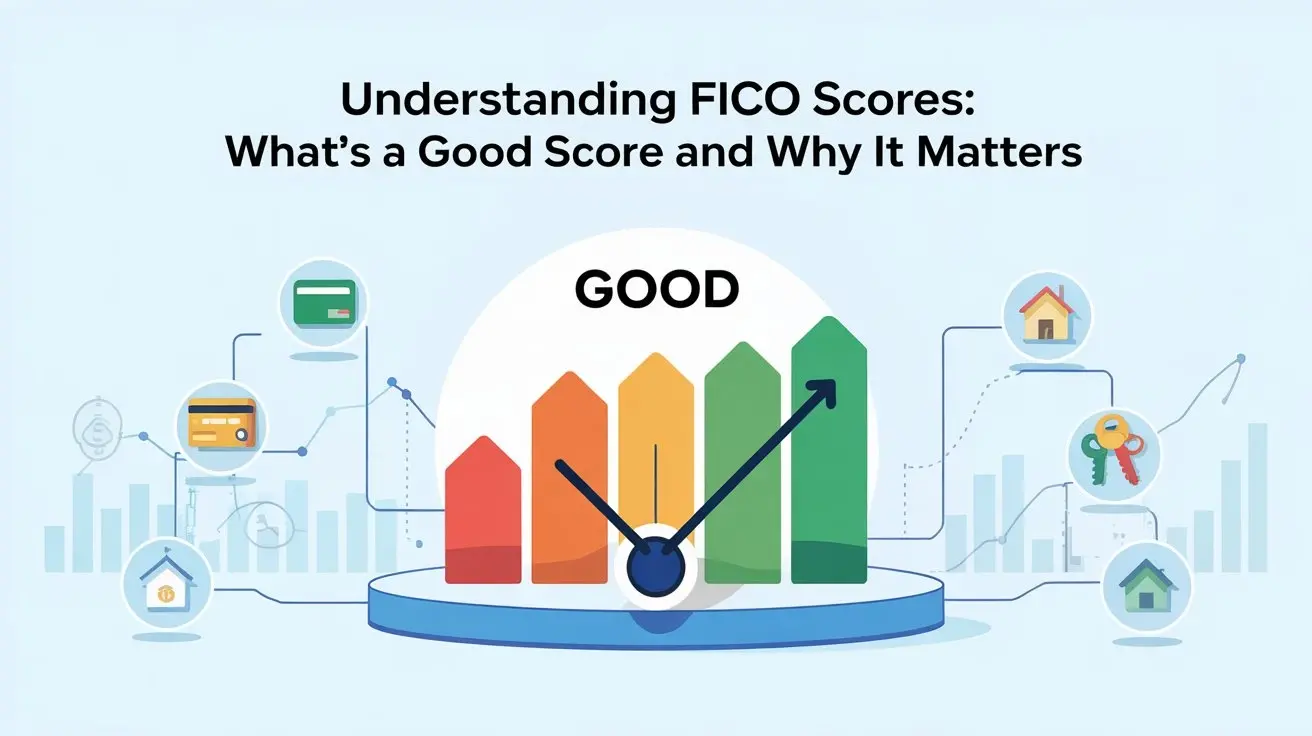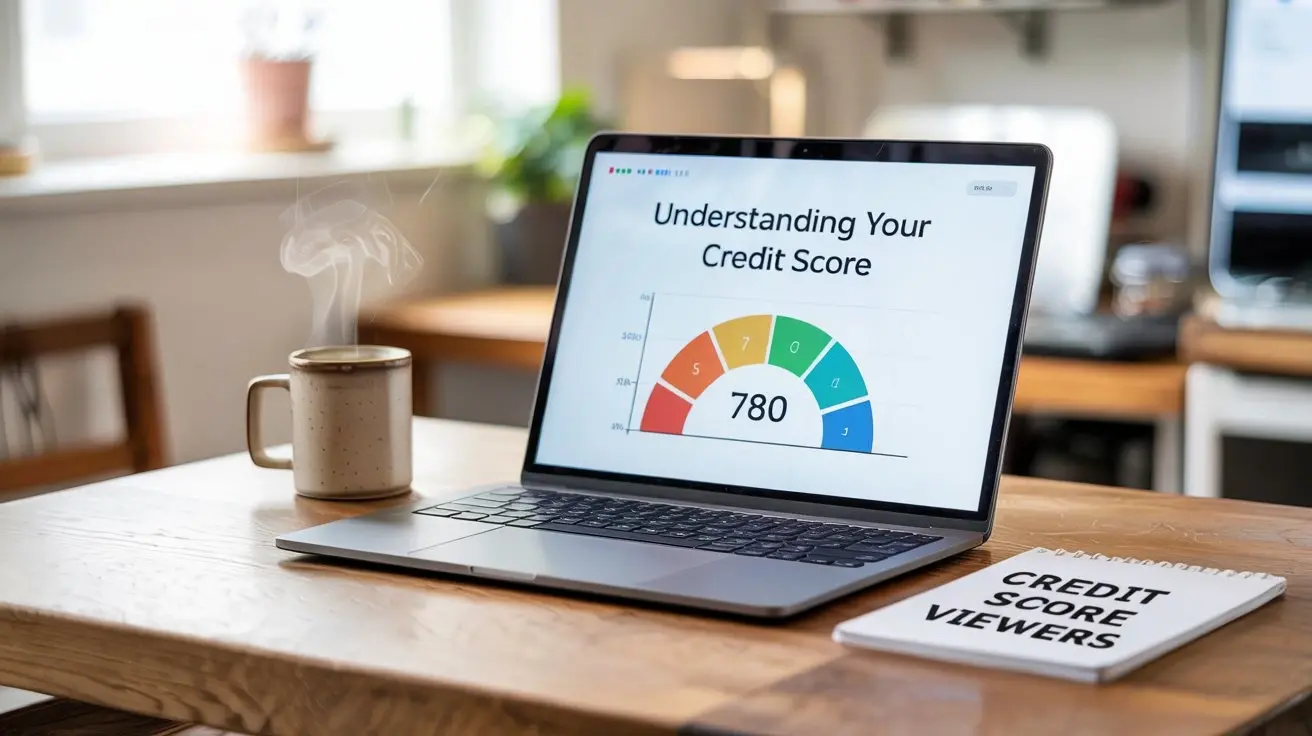Does Cancelling Credit Card Affect Credit Score?
Is It Bad to Cancel a Credit Card
Introduction A Credit score is a number that informs your lenders how well or badly you have handled credit in the past. Thus, the credit score will determine the probability of being accepted for new credit and the terms of credit, such as the interest rate. Thus, people do not want to engage in anything potentially damaging to their credit score. There is one question that is frequently asked, and that is whether canceling a credit card is bad for your credit. In the following section, we describe how credit scores are determined, why canceling a credit card may hurt your score, and what can be done to limit the negative effects in the event of cancellation.
How Are Credit Scores Calculated?
To get a clear appreciation of how closing accounts affect your credit, it is pertinent to consider the factors that make up your score. FICO and VantageScore are two of the most popular credit scores. While the exact formulas are proprietary, we know they take into account the following types of information from your credit report.
- Credit records - Whether you made regular and on-time payments to credit accounts such as credit cards or loans. This is likely to affect your scores significantly.
- Payment history - Your credit record, or your past payment behavior on credit accounts. Preferably, one should keep their credit utilization rate below 30% as having more than this can negatively affect your credit scores.
- Credit age and mix - Average age of credit, distribution of credit product types, credit cards, and installments. It may sound counterintuitive, but it is beneficial to have accounts of different ages and types.
- New credit - Applying for and opening credit accounts in a relatively short period is not good for your scores.
- Other factors - How many accounts are registered to you, whether you have gone for collection actions, whether you have reported it as bankrupt etc.
As you can observe, there are so many factors that influence your credit scores. In particular, actions that show good, consistent credit histories are beneficial for scores; conversely, high credit utilization and missed payments have negative effects.
There are implications for your credit score when you close credit cards.
Closing a credit card account can impact a few areas that determine your scores: Credit utilization, credit age and mix, and credit new application are some of the credit score factors. It might be useful to look at each of these in more detail.
- Credit utilization: When you close a credit card, your overall credit limit of all your cards is reduced. If you have the same balances but a lower total credit, then the credit utilization ratio is higher. Credit scores are often affected negatively when the utilization rate is high.
- Credit age and mix: Another thing that happens when you close your oldest credit card is that the overall average age of your credit accounts is reduced. An incomplete credit history may negatively impact your score. Having a proper balance of credit types is also favorable, and the loss of a credit card falls under the same category.
- New credit applications: In some cases, closing a card may make you apply for new credit and open a new card in the place of the one you closed. Applying for new credit lowers your score for a while, even if it is to open a new credit.
While the effect on your score will vary depending on your credit situation, the bill aims to decrease the number of people who experience a drop in score due to late payments. Although credit card utilization can be damaging, it is even worse if you only have one card because its closure will harm you more than several active cards with low balances.
How to Reduce Consequences When Paying Off a Credit Card?
If you do decide to cancel a credit card, either because you no longer use it or its fees are too high, there are things you can do to reduce the potential credit score hit.
- Pay down balances: When you want to close an account, ensure that other credit cards have balances to reduce your credit utilization ratio. The utilization of each card should be kept below 30 percent.
- Hold off on new applications: It is advisable not to open a new credit account immediately after closing an account. New credit activity can negatively impact scores. Wait at least three to six months.
- Allow your credit history time to age: The effect of losing the oldest card decreases over time because the next oldest card will eventually be the longest account you have. Wait for some period before applying for crucial new credit such as a mortgage.
- Review credit report errors: Inaccurate entries on your credit report could worsen score declines after account closures. Check the report and correct all the mistakes made.
- Consider asking the issuer to change type: Some credit card companies provide the option of transforming your credit card account into a non-credit account rather than closing the account, which means that the account can continue to be active and can contribute to the length of your credit history and the credit type. This is important in preventing the deletion of your account history.
Closing Considerations
This will invariably lead to a small decrease in credit scores when a credit card is closed. Long-term effects should wear off, provided credit health is kept intact, for instance, keeping balances low or all credit card accounts in a healthy state. Do not rush into canceling your oldest credit card or card with a very high credit limit, as they are beneficial to your credit health. Do not close several credit cards within a short time before or after applying for a major credit such as a car loan, mortgage, or rental. Do not mind waiting for some short-term scores to decrease in return for avoiding costly card annual fees. It is recommended to pay attention to your credit report and credit scores as soon as you close an account to detect and challenge any factors that are worsening declines. In general, closing a credit card is not a disaster if proper precautions are taken.
Ready to boost your credit score? Call +1 888-804-0104 now for the best credit repair services near you! Our expert team is here to help you achieve financial freedom and improve your credit. Don't wait—get started today!
Related Stories
Recent Posts
Understanding Your Finances: The Power of a Debt-to-Income Ratio Calculator
How to Repair a Low Credit Score: A Comprehensive Guide
Understanding FICO Scores: What’s a Good Score and Why It Matters
How to Prequalify for a Home Loan: A Step-by-Step Guide
Understanding Your Credit Score: A Comprehensive Guide to Credit Score Viewers



